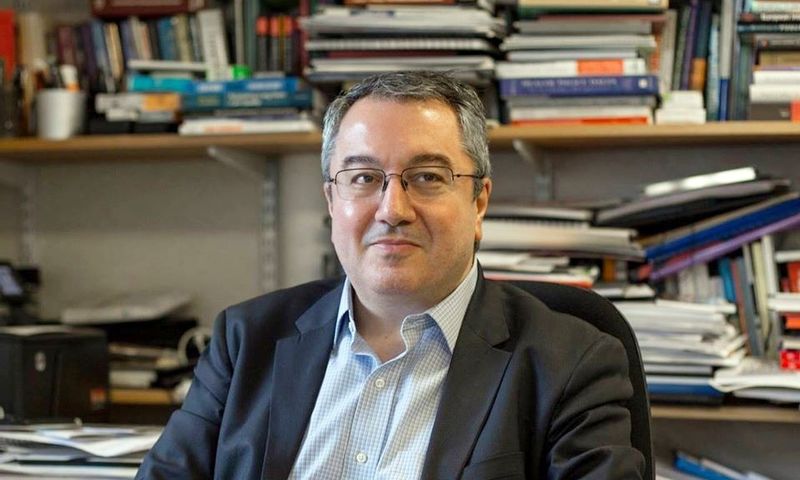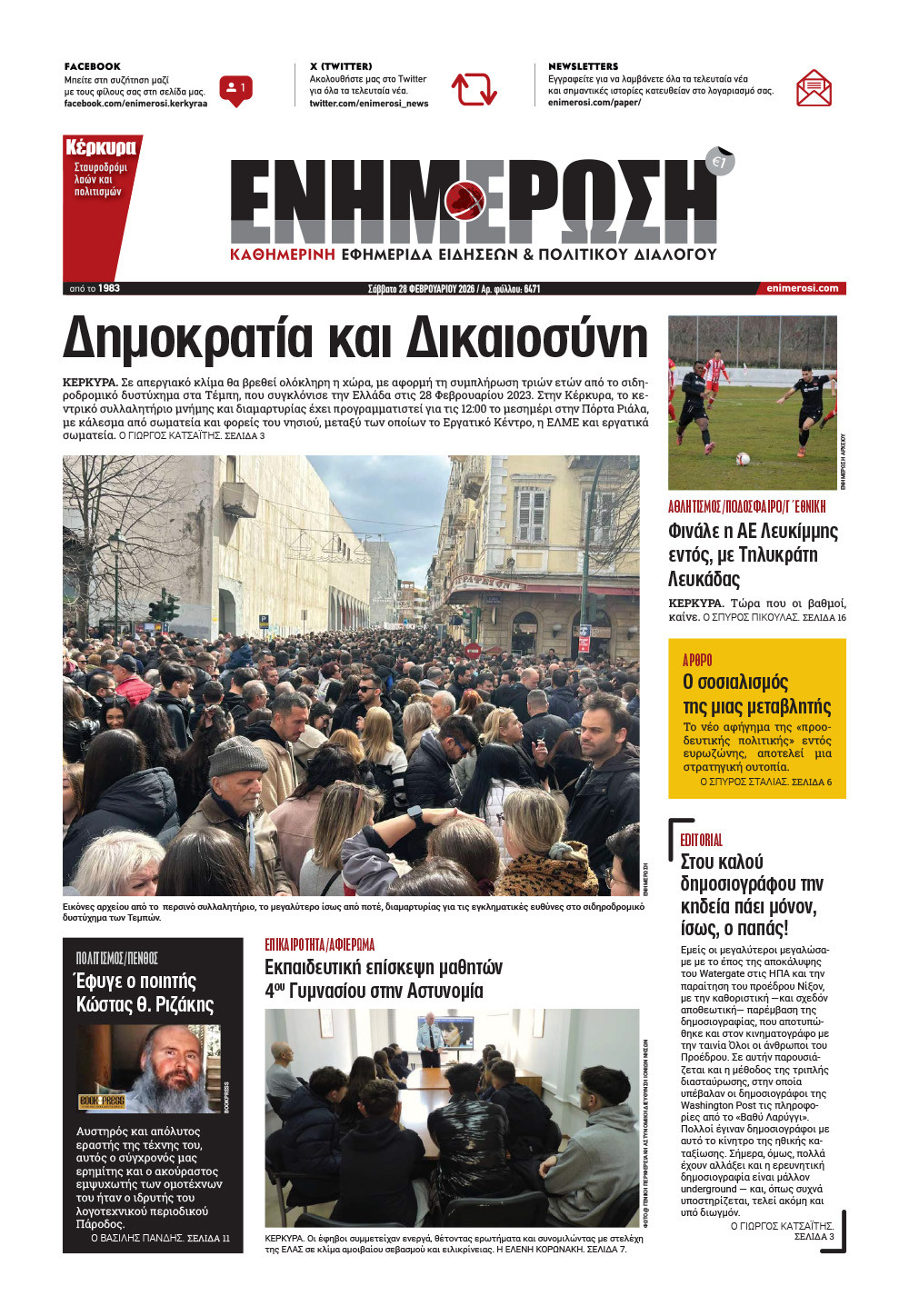Elias Mossialos, Professor of Health Policy at London School of Economics, explains why first tests on UK direct arrivals were all negative

coronavirus
20 Jul 2020
/ 10:56
ATHENS. "In the UK the pandemic is under control and the majority of people have returned to normality".
Elias Mossialos, Professor of Health Policy at London School of Economics, gives his explanation of why the first mass tests carried out on UK tourists in the first two days were all negative.
"I am asked how it is possible that from approximately 3,000 tests that were carried out on tourists from the UK none were positive.
We know that the initial handlng of the pandemic in the UK was catastrophic. Thousands of people lost their lives. Over the last few weekes, however, the pandemic has been under control apart from a few areas in northern England. In London (pop. 9 million) there are now 40 - 70 new cases daily. But the majority of people have now returned to the new normality.
Is there a possibility of cases increasing? There is, but the size of the increase depends on how lockdown measures are lifted.
Will we have imported cases from the UK? Yes, but we can reduce the risk considerably. The checks with tests need to continue and at the same time there needs to be ongoing monitoring of the pandemic situation in the UK and all the other countries from which we allow tourists and visitors.
We cannot get rid of the risk completely (in any case, we have domestic cases as well as imported ones) but we can reduce it significantly. If we close our borders for a long period of time, this will have a significant impact on employment - so, although we will reduce one risk (imported cases), we will significantly increase another. The risk of a large number of people becoming unemployed. The economic crisis will have a big impact on the health of the unemployed, so we will reduce one health problem (imported cases) but at the same time create another much bigger one (worsening of health due to unemployment).
From the beginning of the pandemic I stressed that the management of a pandemic is a management of risk. It is not possible to square the circle - not to follow the measures and not have domestic cases. To close the border and not have economic problems.
So what we need to do is adhere to the measures (social distancing, masks, hand hygiene) and intensify checks at the country's entry points and elsewhere in order to reduce the number of domestic and imported cases."
"I am asked how it is possible that from approximately 3,000 tests that were carried out on tourists from the UK none were positive.
We know that the initial handlng of the pandemic in the UK was catastrophic. Thousands of people lost their lives. Over the last few weekes, however, the pandemic has been under control apart from a few areas in northern England. In London (pop. 9 million) there are now 40 - 70 new cases daily. But the majority of people have now returned to the new normality.
Is there a possibility of cases increasing? There is, but the size of the increase depends on how lockdown measures are lifted.
Will we have imported cases from the UK? Yes, but we can reduce the risk considerably. The checks with tests need to continue and at the same time there needs to be ongoing monitoring of the pandemic situation in the UK and all the other countries from which we allow tourists and visitors.
We cannot get rid of the risk completely (in any case, we have domestic cases as well as imported ones) but we can reduce it significantly. If we close our borders for a long period of time, this will have a significant impact on employment - so, although we will reduce one risk (imported cases), we will significantly increase another. The risk of a large number of people becoming unemployed. The economic crisis will have a big impact on the health of the unemployed, so we will reduce one health problem (imported cases) but at the same time create another much bigger one (worsening of health due to unemployment).
From the beginning of the pandemic I stressed that the management of a pandemic is a management of risk. It is not possible to square the circle - not to follow the measures and not have domestic cases. To close the border and not have economic problems.
So what we need to do is adhere to the measures (social distancing, masks, hand hygiene) and intensify checks at the country's entry points and elsewhere in order to reduce the number of domestic and imported cases."












